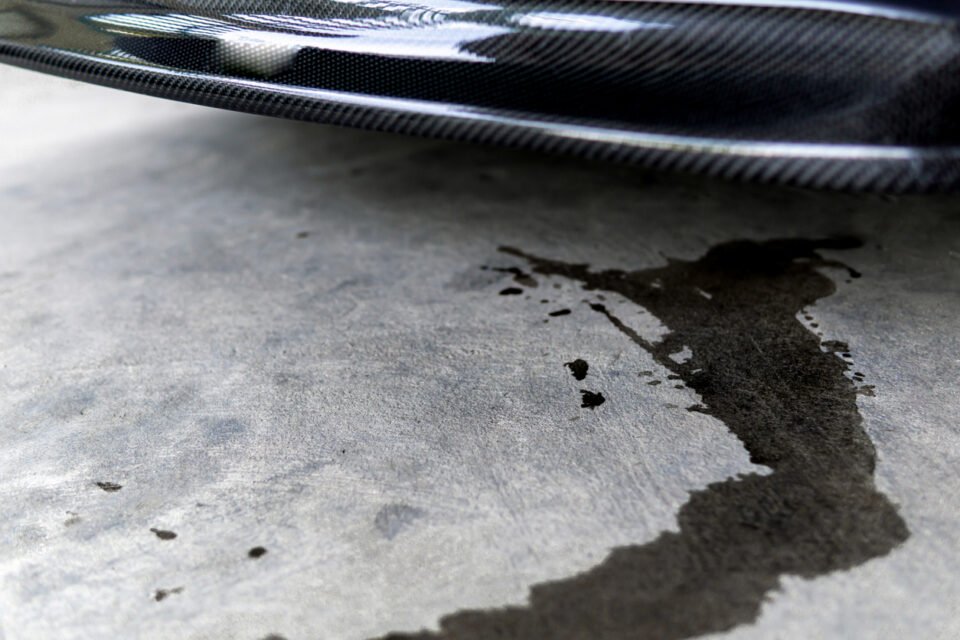How should concrete driveways be cleaned? Concrete driveways, as is common knowledge, are a chic feature that accentuates a property’s beauty. Having unsightly oil stains all over them, on the other hand, might swiftly diminish their appeal. Oil stains must be treated as soon as possible to avoid the formation of a blemish that is tough to eradicate and will not go away easily.
In addition, oil stains need to be eliminated before any further work on the concrete can be done, including sealing, painting, or resurfacing. If they are not removed, they will eventually reappear, ruining the fresh appearance of your driveway, and causing long-term problems to the porous surface of the concrete. If you do not remove them, they will reappear.
Why Is The Cleaning Of Concrete Such A Priority?
Because it has a porous structure, concrete may take in corrosive substances such as water, acids, oils, and salts. They will, over time, cause the concrete to degrade, which will result in a surface that is weaker and more likely to break down and chip away, as well as an unsightly aesthetic and the danger of corrosion to the home’s structural components.
The following are few of the benefits of cleaning concrete:
- Gives concrete an updated and fashionable appearance
- Increases the value of a house
- Cleans away stains, moss, filth, and dirt
- Extends the useful life of your concrete investment
The Most Effective Method For Cleaning Old Oil Stains Out Of Concrete
Detergent
Scrubbing and washing the oil stain using a powerful and non-hazardous detergent, a scrubbing brush, and a sponge is an effective method for removing certain minor oil stains. This method may be used to remove oil from concrete anytime.
Concrete Degreaser Or Concrete Cleaner
Using a concrete cleaner or degreaser that has an alkaline basis can be a more effective method for cleaning oil stains from a concrete driveway. This is because the alkaline base helps to loosen and remove the oil particles. To clean concrete, just apply a concrete degreaser or cleaner to the surface, and then spray it with water from a hose. This will remove any oil that may be present on the concrete.
Degreasers for concrete work far better on porous concrete than they do on concrete with a tough or thick finish, The fact that degreasers do not break down the oil means that they are not very effective on badly polluted concrete that has been sitting for a considerable amount of time without being cleaned.
Poultice
Poultice treatments are another frequent type of treatment that may be used to remove oil stains from concrete by breaking them up and absorbing the oil from the surface of the concrete. It is possible to apply a poultice, a mixture of absorbent material and a solvent, directly to the oil stain.
After it has been applied, the poultice has to be wrapped in plastic so that the osmosis process may work more effectively, removing more of the oil from the concrete driveway. The use of a poultice is not the most time- or money-efficient solution, and it also takes more effort than some of the other available options.
Microorganisms
It is possible to remove oil stains using single-celled microorganisms that may be applied directly to the stain and will consume the oil particles. The relatively recent development in stain removal is packed with enzymes and oxygen, both of which decompose oil and convert it into carbon dioxide and another type of microbe.
When the oil has been used up, the concrete driveway is left in pristine condition and devoid of any oil residue. The technology is comparable to that which is used to clean up oil spills in seas and other bodies of water.


